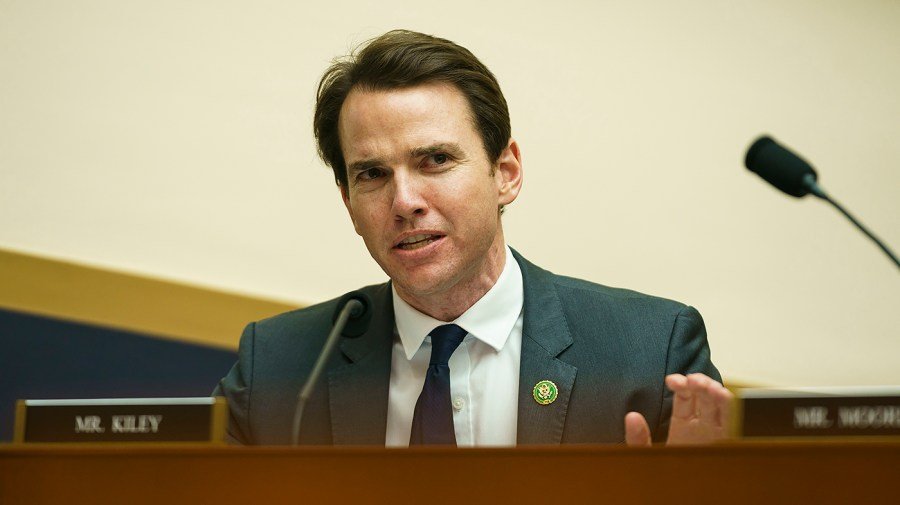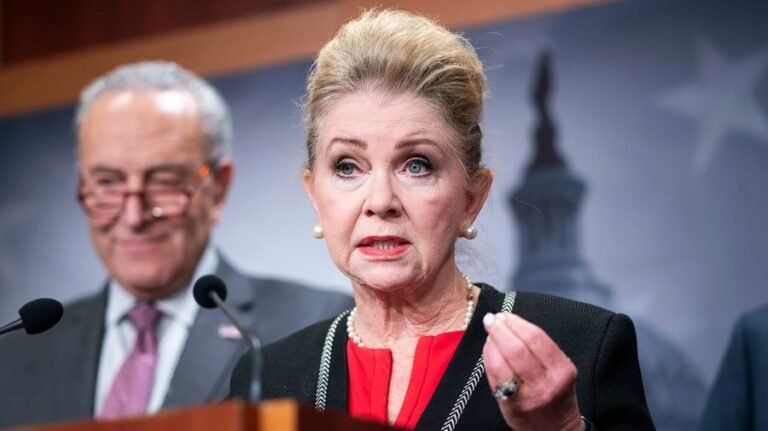
Republican Rep. Kevin Kiley (Calif.) said Thursday that members of Congress are exerting too much energy dishing out blame for the ongoing government shutdown instead of ending it.
“All of the energy is going towards assigning blame to one side or the other when it should be going toward trying to reach a solution that will get us out of this impasse,” Kiley told NewsNation’s Blake Burman on “The Hill.” NewsNation is The Hill’s sister company.
The shutdown, which began on Oct. 1, is tied for the fourth-longest in U.S. history.
The House passed what Speaker Mike Johnson (R-La.) called a “clean” and “nonpartisan” continuing resolution (CR) on Sept. 19. The GOP-backed proposal would fund the government through Nov. 21.
Democrats, on the other hand, want the CR to include a permanent extension of subsidies offered under the Affordable Care Act (ACA), which expire at the end of this year. If the subsidies expire, premiums for ACA marketplace enrollees would more than double on average, according to the health policy research group KFF.
Kiley, who said he is “extremely concerned” about the impending increase in premiums, expressed support for “temporary relief” for those who will be impacted. According to KFF, more than 24 million Americans are enrolled in the ACA marketplaces, 92 percent of whom received the ACA subsidies this year.
“Ultimately, we need to address the rising cost curve of health care in this country,” Kiley added. “But if we could explore [a temporary extension] as a pathway out of the shutdown, I don’t see why we shouldn’t do that.”
Both sides have pointed fingers at each other, but according to a poll released Thursday by The Associated Press-NORC Center for Public Affairs Research, roughly three-quarters of Americans surveyed said Republicans, Democrats and President Trump deserve either a moderate or great deal of blame for the shutdown.
The majority of respondents to the survey, 54 percent, said they think the shutdown is a major problem, while 35 percent believe it is a minor problem and 11 percent think it is not a problem.
“For most Americans, they probably are just kind of like, ‘Well, this is par for the course,’ in the sense that Congress is broken, and this is another example of that,” Kiley said.






